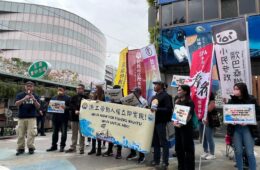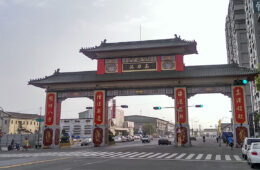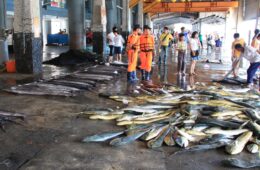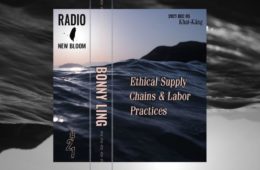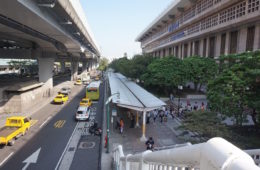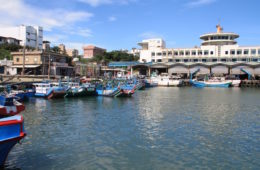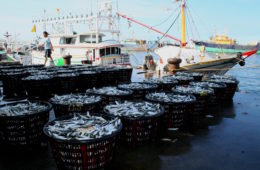Civil Society Groups Call for Wi-fi for Migrant Fishermen
Civil society groups held a press conference in front of the Taipei Fish Market late last month to call for wi-fi access for migrant fishermen. Participant groups included the Taiwan Association for Human Rights, Stella Maris Kaohsiung, Global Labor Justice - International Labor Rights Forum, the Humanity Research Consultancy, and Fospi Donggang Pingtung. Legislator Chiu Hsien-chih of the NPP was also present and DPP legislator Hung Sun-han was scheduled to attend but was later unable to make it. According to these groups, this press conference was more than half a year in planning...


